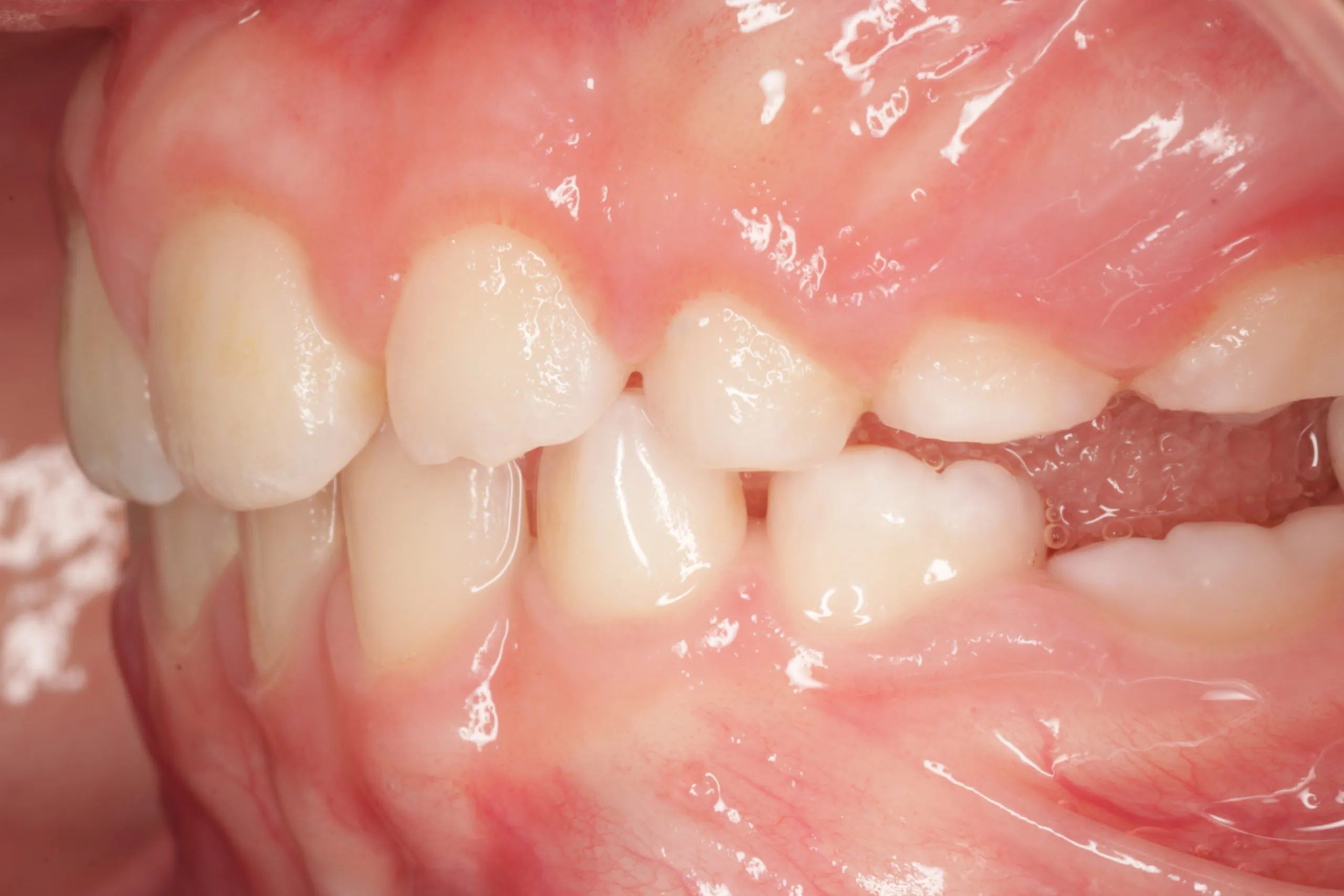
Antisocial Personality Disorder (ASPD) is a mental health condition characterized by a long-term pattern of manipulating, exploiting, or violating the rights of others. People with ASPD often display a lack of empathy, disregard for societal norms, and impulsive behavior. Understanding ASPD can help in recognizing the signs and providing appropriate support. This post will cover 40 facts about Antisocial Personality Disorder, shedding light on its symptoms, causes, and potential treatments. Whether you're curious about the condition or seeking to support someone affected, these facts will offer valuable insights. Let's dive into the complexities of ASPD and learn more about this challenging disorder.
Understanding Antisocial Personality Disorder
Antisocial Personality Disorder (ASPD) is a mental health condition characterized by a long-term pattern of manipulating, exploiting, or violating the rights of others. This disorder often leads to criminal behavior and other socially unacceptable actions. Let's dive into some intriguing facts about ASPD.
-
ASPD is a chronic condition that typically begins in childhood or early adolescence and continues into adulthood. It is not a temporary phase but a persistent pattern of behavior.
-
More common in men than women, ASPD affects approximately 3% of males and 1% of females in the general population.
-
Diagnosis requires a history of conduct disorder before the age of 15. This includes behaviors like aggression towards people or animals, destruction of property, deceitfulness, or theft.
-
Not all criminals have ASPD, and not everyone with ASPD becomes a criminal. However, the disorder is prevalent among prison populations.
-
Genetic factors play a role in the development of ASPD. Studies suggest that it can run in families, indicating a hereditary component.
Symptoms and Behaviors
People with ASPD exhibit a range of symptoms and behaviors that can be harmful to themselves and others. Here are some key characteristics.
-
Lack of empathy is a hallmark of ASPD. Individuals with this disorder often have difficulty understanding or caring about the feelings of others.
-
Deceitfulness and manipulation are common traits. Those with ASPD frequently lie, use aliases, or con others for personal gain or pleasure.
-
Impulsivity and failure to plan ahead can lead to reckless behavior. This might include risky sexual behavior, substance abuse, or dangerous driving.
-
Irritability and aggressiveness often result in physical fights or assaults. This can make maintaining relationships difficult.
-
Consistent irresponsibility is another symptom. Individuals may repeatedly fail to honor financial obligations or sustain consistent work behavior.
Causes and Risk Factors
Understanding the causes and risk factors of ASPD can help in identifying and managing the disorder. Here are some insights.
-
Childhood trauma such as abuse or neglect increases the risk of developing ASPD. Early adverse experiences can shape personality development.
-
Brain abnormalities have been linked to ASPD. Research shows differences in the structure and function of certain brain areas involved in impulse control and emotional regulation.
-
Environmental factors like growing up in a dysfunctional family or community can contribute to the development of ASPD.
-
Substance abuse is both a risk factor and a common co-occurring issue with ASPD. Drugs and alcohol can exacerbate antisocial behaviors.
-
Low socioeconomic status is associated with a higher prevalence of ASPD. Economic hardship can contribute to stress and maladaptive coping mechanisms.
Treatment and Management
Managing ASPD can be challenging, but there are strategies and treatments that can help. Here are some approaches.
-
Psychotherapy is the primary treatment for ASPD. Cognitive-behavioral therapy (CBT) can help individuals recognize and change harmful thought patterns and behaviors.
-
Medication is not typically used to treat ASPD directly, but it can help manage symptoms like aggression or depression. Antidepressants, mood stabilizers, and antipsychotics may be prescribed.
-
Early intervention is crucial. Addressing conduct disorder in children and adolescents can prevent the development of ASPD.
-
Family therapy can be beneficial. Involving family members in treatment can improve communication and reduce conflict.
-
Support groups provide a space for individuals with ASPD to share experiences and strategies for managing their condition.
Impact on Relationships
ASPD can significantly affect personal and professional relationships. Here are some ways it manifests.
-
Difficulty forming attachments is common. Individuals with ASPD may struggle to develop deep, meaningful relationships.
-
High rates of divorce are seen among those with ASPD. The disorder's symptoms can strain marriages and partnerships.
-
Workplace challenges include frequent job changes, conflicts with colleagues, and issues with authority figures.
-
Parenting difficulties arise due to impulsivity, irresponsibility, and lack of empathy, which can affect the parent-child relationship.
-
Social isolation can result from the inability to maintain friendships and the tendency to alienate others.
Legal and Social Consequences
The behaviors associated with ASPD often lead to legal and social repercussions. Here are some examples.
-
Higher rates of incarceration are observed among individuals with ASPD. Their behaviors often lead to criminal activity and subsequent imprisonment.
-
Frequent legal troubles include arrests for theft, assault, and other crimes. Legal issues can be a constant in their lives.
-
Social stigma surrounds ASPD. Misunderstanding and fear can lead to discrimination and isolation.
-
Financial instability is common due to impulsive spending, gambling, and inability to maintain steady employment.
-
Homelessness can result from the combination of financial instability, legal issues, and strained relationships.
Myths and Misconceptions
There are many myths and misconceptions about ASPD. Here are some clarifications.
-
Not all people with ASPD are violent. While aggression is a symptom, not everyone with the disorder engages in violent behavior.
-
ASPD is not the same as psychopathy. Although they share some traits, psychopathy is considered a more severe form of antisocial behavior.
-
People with ASPD can feel emotions. They may have a limited range of emotions or express them differently, but they are not devoid of feelings.
-
ASPD is not a choice. It is a mental health disorder that requires understanding and treatment.
-
Treatment can be effective. With the right approach, individuals with ASPD can learn to manage their symptoms and lead productive lives.
Research and Future Directions
Ongoing research continues to shed light on ASPD. Here are some current findings and future directions.
-
Genetic studies are exploring the hereditary aspects of ASPD, aiming to identify specific genes involved.
-
Neuroimaging research is examining brain structure and function to better understand the neurological underpinnings of the disorder.
-
Longitudinal studies track individuals over time to observe the progression and impact of ASPD.
-
New therapeutic approaches are being developed, including interventions targeting specific symptoms like impulsivity and aggression.
-
Public awareness campaigns aim to reduce stigma and promote understanding of ASPD, encouraging those affected to seek help.
Final Thoughts on Antisocial Personality Disorder
Understanding Antisocial Personality Disorder (ASPD) helps break down the stigma surrounding mental health. People with ASPD often struggle with empathy, impulsivity, and maintaining relationships. Recognizing these traits can lead to better support systems and treatment options. Therapy, medication, and lifestyle changes can improve the quality of life for those affected.
Awareness is key. By educating ourselves, we can foster a more inclusive and supportive environment. If you or someone you know shows signs of ASPD, seeking professional help is crucial. Early intervention can make a significant difference.
Remember, mental health is just as important as physical health. Supporting those with ASPD involves patience, understanding, and compassion. Let’s work together to create a world where everyone feels valued and understood.
Was this page helpful?
Our commitment to delivering trustworthy and engaging content is at the heart of what we do. Each fact on our site is contributed by real users like you, bringing a wealth of diverse insights and information. To ensure the highest standards of accuracy and reliability, our dedicated editors meticulously review each submission. This process guarantees that the facts we share are not only fascinating but also credible. Trust in our commitment to quality and authenticity as you explore and learn with us.


